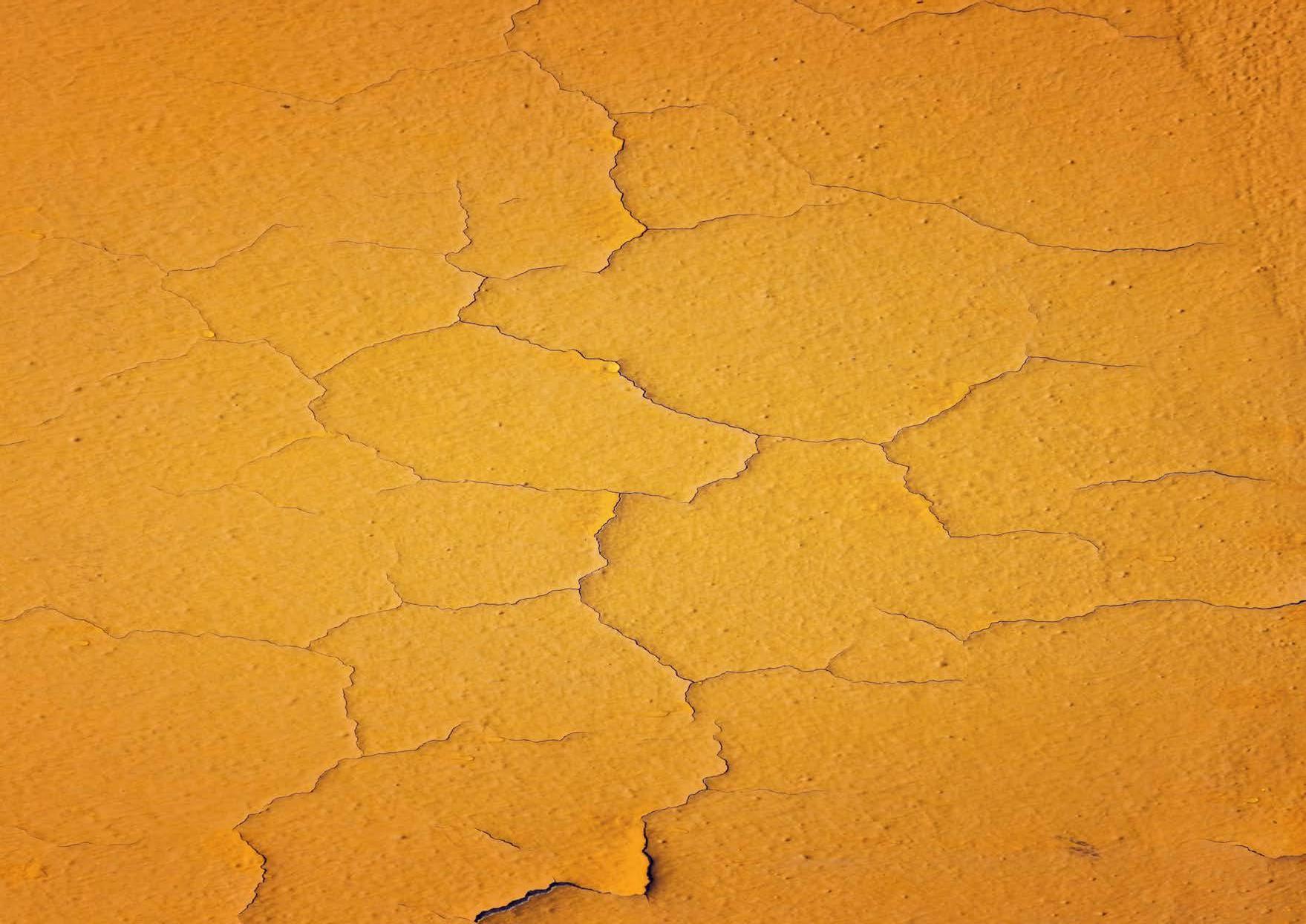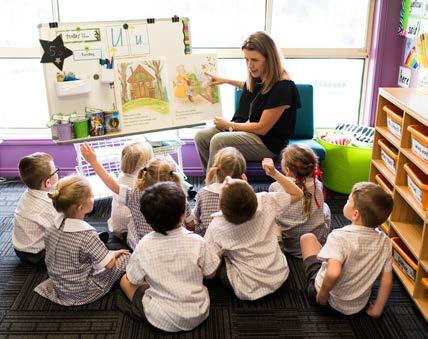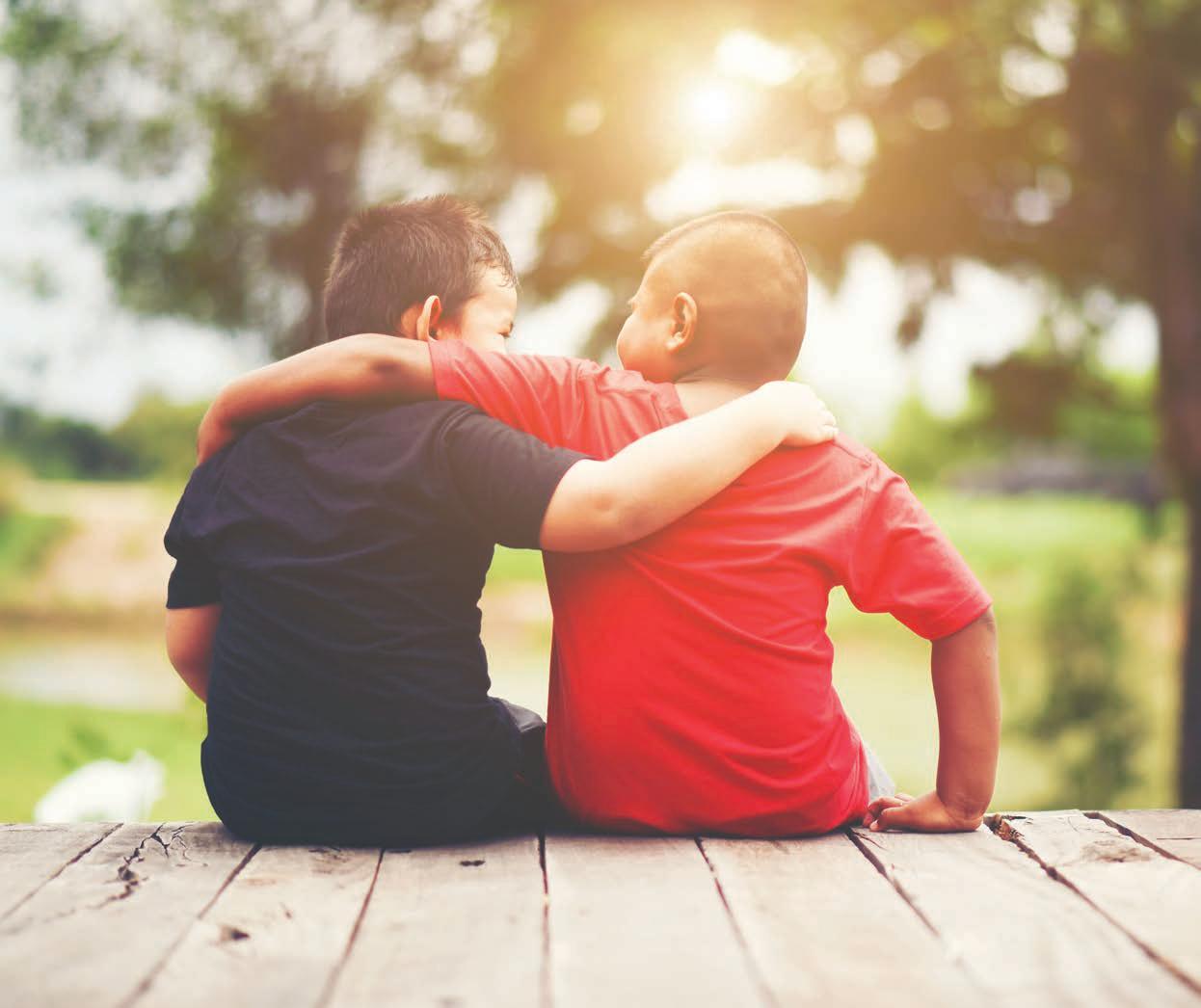
44 minute read
Staying calm in uncertain times
BY SARAH TOLMIE
With the bush fires all calmed by March it seemed like finally we could exhale with relief and rebuild and resume lives and then the Coronavirus pandemic arrived. As I write this now in mid-March, by the time you read this in April, who knows whether the escalation has happened or subsided or remains. Did the community tip into corrective action in time or not? Did we ‘flatten’ the infection curve?
All the information so far suggests we will be ‘in this’ on high alert for months, requiring significant behaviour modifications and changes to our lives, and the aftermath will be a long recovery back to another ‘new normal’.
This new decade is sure bringing uncertainty and challenge. None of us really know what this ‘new normal’ future might look like. For now, it really does feel like we are deep into survival times and the stress and anxiety is real. All families are being affected – mentally, emotionally, physically, financially, relationally and spiritually.
It’s hard not to slide into a bit of fatalistic thinking sometimes and wonder if Mother Nature is resorting to her own cosmic correction. It’s hard not to be pulled into the beast of panic and mob thinking. And in these times of extreme we are seeing both the best and worst in human behaviour.
How do we stay calm? How do we reassure our family and children when we don’t know ourselves what’s around the corner? The challenge is to maintain informed awareness and hold steady. Information is knowledge but only the right information will save lives. Just like with the bushfires, we need one trusted source of correct and timely advice that everyone has access to follow. Get updated regularly but don’t saturate yourself in the media circus.
My advice for what it is worth is to tune into the ABC. It is the first place that the Government go also to distribute necessary public information. Now is not the time to rabbit hole into a bizarre Facebook group or follow a small localised group of friends for your information.
Holding steady? Well that is a holistic task of deeper and more personal reflection.
Being in a prolonged ‘survival’ mode can place us in a chronic state of ‘fight, flight and freeze’ response where our sympathetic nervous system goes into flood. What will be asked of us as we face months of ongoing developments is to bring far greater regulation and care to our nervous system and our holistic wellbeing. We need to become masterful at soothing our stress and tilting back into a parasympathetic rhythm which is our natural healing and whole state of wellbeing.
Some of the things that might usually be our ‘go to’ de-stressors might not be available to us – travel, parties, holidays to name just a few. Instead, with the isolation and distancing I think one of the most important skills and necessities in the coming months will be for people to learn how to still their mind and create inner peace.
This is not to be confused with ‘positive thinking’, far from it. In fact, trying to force positive thinking when you feel insecure and unsafe or scared is in and of itself an unsettling and stressful thing to try to do. It is more important to have a quiet mind than a positive mind.
This is where I have what I think might be an unusual but powerfully successful suggestion. It is a technique I utilise regularly with my coaching and therapy clients with great results. It is... drumroll...ritual and prayer!
Stay with me. It is not really that weird and it doesn’t have to be something of religious origins, although great if you bring that to it too. There is science behind this.
Ritual and prayer help to bring soothing and silence to the mind. Ritual is the art of creating meaning. Ritual is about bringing symbols, actions and intention to something that is bigger than you can personally solve and it can help release excess energy wrapped up in that narrative. It is something you can engage your family and loved ones to share with you too, either in person, and/or in spirit!
I find prayer, in particular, a far quicker and easier way for me to reach a meditative state (particularly if my mind is prone to stress or worry). It is easier than trying to empty your mind and focus on the breath!
Prayer helps to find words that create intention and focus designed to express your feelings, and find a soothing antidote thought to the feelings. Saying the words out loud too is extra helpful but not required. It makes it similar to the power of chanting, in that healing words can resonate in the body and bring soothing. Deepak Chopra says that with prayer, or healing mantras, chanting or even spiritual song, we can bring silence to our biology or in other words, flick the switch from sympathetic nervous system (our stress response) back into parasympathetic nervous system (our rest and repair response). This is the kind of healing, self-regulation and return to healthy homeostasis we need.
Finally, prayer is something we don’t need to do alone, we can share it as a practice with others, and in fact, when we do it, we don’t feel alone. Prayer creates connection. That feeling of connection might be just the most important essential antidote to these times. Through prayer we can engage our connection with and to others. It is actually something we CAN do for our loved ones, the community and the world. You may never know for sure an ‘outcome’ of a prayer, but you are achieving something beyond a result, by simply relinquishing the power of the “I” and the “ME” as the most important priority and returning your focus to a sense of shared community, a “WE”. Prayer connects us heart, mind and spirit
A Prayer for Calm in Uncertain Times. Today I am feeling the swirl of fear and uncertainty. I feel anxious and helpless. I pray to life and love and ask for Divine help to soothe these feelings. I know I am not alone in feeling this way. I pray for all those who feel this with me, for their soothing too. Even though these feelings are real and I honour them, help me to remember I am more than these feelings. If anything, these feelings are simply here to remind me to remember what I can be sure about; what I can find safety in; what I can trust and what I can do to make a difference. Spirit, help me to focus now on all I have to be grateful for and can trust in – I give thanks for the sun and moon; air, water and earth; day and night I give thanks for the love of my family, the life in my body; the desires still alive in my soul, the memories still strong in my heart. Spirit, help me to remember I am not alone. Help me to trust in the safety of community. Help me to recognise the care I feel for others is universal and I can trust in others to care for me too. Right now Spirit, soothe my body, heart, mind and soul. Send a light beam of love into my heart... ...help me to imagine the light pulsing through my heart and my entire body, sending healing... ...as I now send an energetic beam of light radiance out into the world... ...connecting me with the spirit of humanity... ...sending the world love and blessings. Spirit of light, of love, hold US all strong and steady. Steady us into hope and renewal; into restoration and repair. Thank you, thank you, thank you. Please let it be done.
to a greater collective entity and intelligence. In times like now, that may be our true saving, returning to the power of community and collaboration as our pathway back to strength.
I wouldn’t mind that being our ‘new normal’! Here’s one to get you started. Light a candle. Find a peaceful and beautiful place to sit. Invite others to join you in person, virtually or even spiritually. Turn your phone off. Centre your breath and focus into your heart. Now let us pray:
Sarah Tolmie assists people to celebrate, navigate, grow and heal through all their life & love transitions. Her practice focuses on love & relationships, families & children; life success & fulfilment, illness, death & grief. As an Holistic Celebrant Sarah creates profound and meaningful ceremonies for all life & love events. Sarah is also a Marriage Therapist, Bespoke Funeral Director and End-of-Life Consultant. You can visit her website www.sarahtolmie.com.au and Facebook page at Sarah Tolmie – Life & Love.
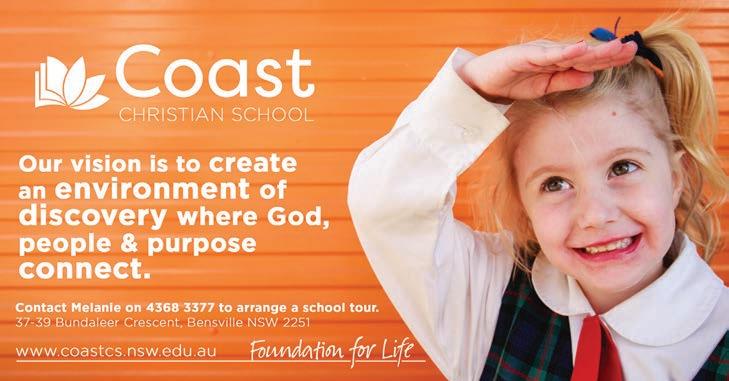
have your party in our PLAYGYM or our entertainers can come to you!

SHOP: Licensed Partyware, DIY Helium Kits, Costume & Party Hire Jumping castles and ball pits 310 Mann Street, Gosford Ph: 4322 4418 www.JJcc.com.au
Busy mums busy lives BY SAM & JORDI WOODS
Whether you are a stay at home mum, business woman, student or an everyday woman who leads a busy life, I am sure you can relate to the early morning rush!
Many of us try to cram so much into our mornings before we head out the door that we can find picking an outfit, doing our hair and applying make up often get pushed down the list of priorities. Ultimately, this can leave us with not enough time for ourselves and then setting ourself up for feeling drab, frazzled and “unstylish” all day.
As stylists we have had to master the “get stylish without stress” and have also taught many clients how to do the same. Below are 10 tips that we not only preach we also practise daily. Not to say some days we only manage a few of the tips, however, even ticking off some of these tips will have you in a far more stylish and sane position than if you just throw your morning routine to luck and chance!
10 Tips to get you out the door in style 1 Plan ahead: (Jordi) – I always look at my next day’s schedule and plan my outfit and food the night before. I then lay my clothes and shoes out so I can step right into them, keep my food in an allocated section in the fridge and always have my diary and appointment manuals in a pile so I can grab and run…knowing with confidence that everything is there.

2Minimise ironing time: When purchasing clothes, choose fabrics wisely. If you don’t like to spend time ironing opt for items with a percentage of wool, silk, polyester or micro fibre, they will keep you warm or cool (depending on the season and percentage) and require minimal effort in the laundry room.
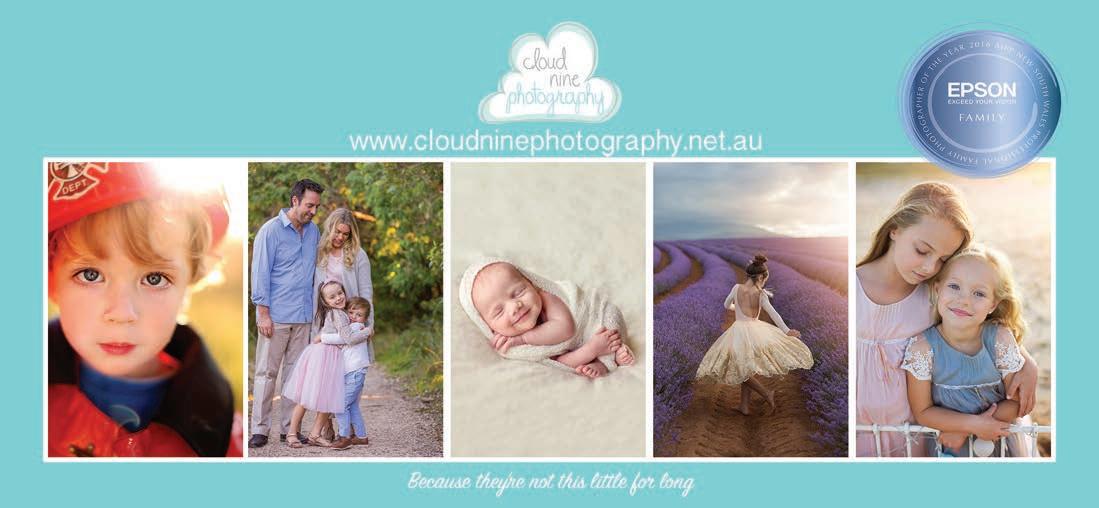

3The bare minimum: A touch of makeup will give your complexion a fresh finish and help you look less tired. Try our 5 minute makeover (page 81 of Stylish, Sexy and Sane…in 30 days) or as a minimum apply a coat of lip stick or tinted gloss, this will give the face instant colour and vibrancy. We guarantee you will feel better for it. 4 Dry shampoo: (Jordi) This is one of my “go to” products as I exercise most mornings and washing my hair everyday is just not possible nor necessary. Dry shampoo takes the “oily” look out of the hair and I find it gives it great volume, perfect for a messy top knot!! (Sam’s) “go to” is the art of “teasing” her hair at the crown which creates height and adds glamour to a low or high pony. 5 Try something other than jeans: This can be a hard one as jeans are; a) easy b) comfy c) acceptable for most casual occasions. However, to avoid getting stuck in a denim “rut” try leggings and a skirt, a maxi dress or maybe a textured pant other than denim. 6 Be prepared: Schedule your morning activities and make sure you allow 15 minutes for incidentals; if you are running ahead of schedule you can spend a bit of extra time with your kids, doing your hair or checking your emails. Warning; don’t use this extra time to cram more in and ultimately run late! 7 Prioritise: Does the dish washer really have to be emptied before you leave? Make sure you put yourself as a priority, the clean dishes won’t go anywhere and no one is going to see them!

8Add a style touch: This will make you feel modern and stylish and it does not have to be something hard. Try; swapping your converse for an ankle boot, updating your wallet, tying a scarf around the handle of your handbag. 9 Accessory necessity: Want to feel like you have a bit of an edge? Add an accessory, it is an essential to finish an outfit and help express your personal style! Try; a pair of crystal stud earrings, funky watch, printed scarf, layers of necklaces or a cuff. 10 Ask for help: As women we try to take on everything, it may be hard at first but learn to delegate. Ask the kids to put their washing away or feed the dog, ask your partner if they can make you a coffee...don’t sacrifice feeling fab by putting yourself last all the time. Let those you love (and that love you) know it is important for you to feel good about yourself and that having their help and support means a lot just as in turn you are also happy to help them.
Vibrantly yours, Sam & Jordi. xx
Understanding styling and fashion is one thing. Having a super-natural flair for making everyday people look incredible is another. Once you’ve met Sam & Jordi Woods, it’s hard not to catch their infectious passion for dressing to match your own lifestyle, personality and charisma. Through their consultancy ‘VibrantConcepts’, Sam & Jordi have transformed the lives of thousands. Let Sam & Jordi show you how to look and feel fabulous everyday at their Style Studio in Erina – learn the art of illusion dressing, colour matching, styling, translating fashion trends and savvy shopping with their unique VC Signature Styling Systems and services that are truly personal and really work! To contact VibrantConcepts phone 0425 221 676.
Buying or selling? We would be pleased to help you
Martin Ball Solicitor Principal 0428 637636 martin@mbmlegal.com.au
Christine Morgan Senior Property Paralegal 0437 395 717 admin@mbmlegal.com.au

Local expertise, competitive rates Conveyancing, property & commercial law Planning and environmental law
5/213 Albany St Nth, Gosford www.mbmlegal.com.au
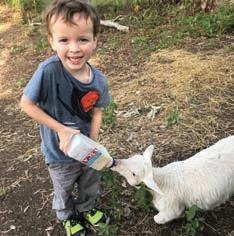
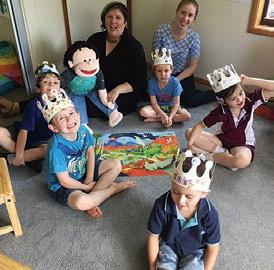
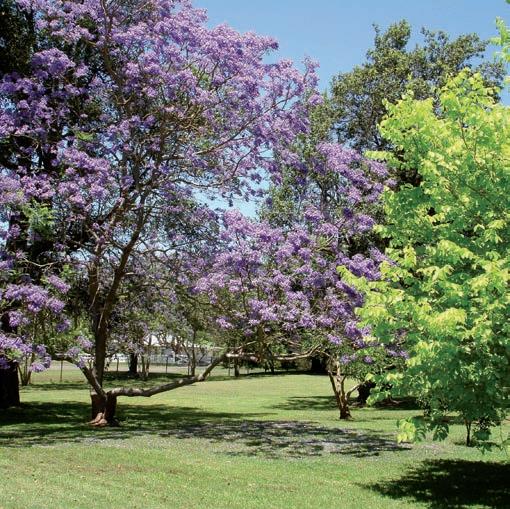
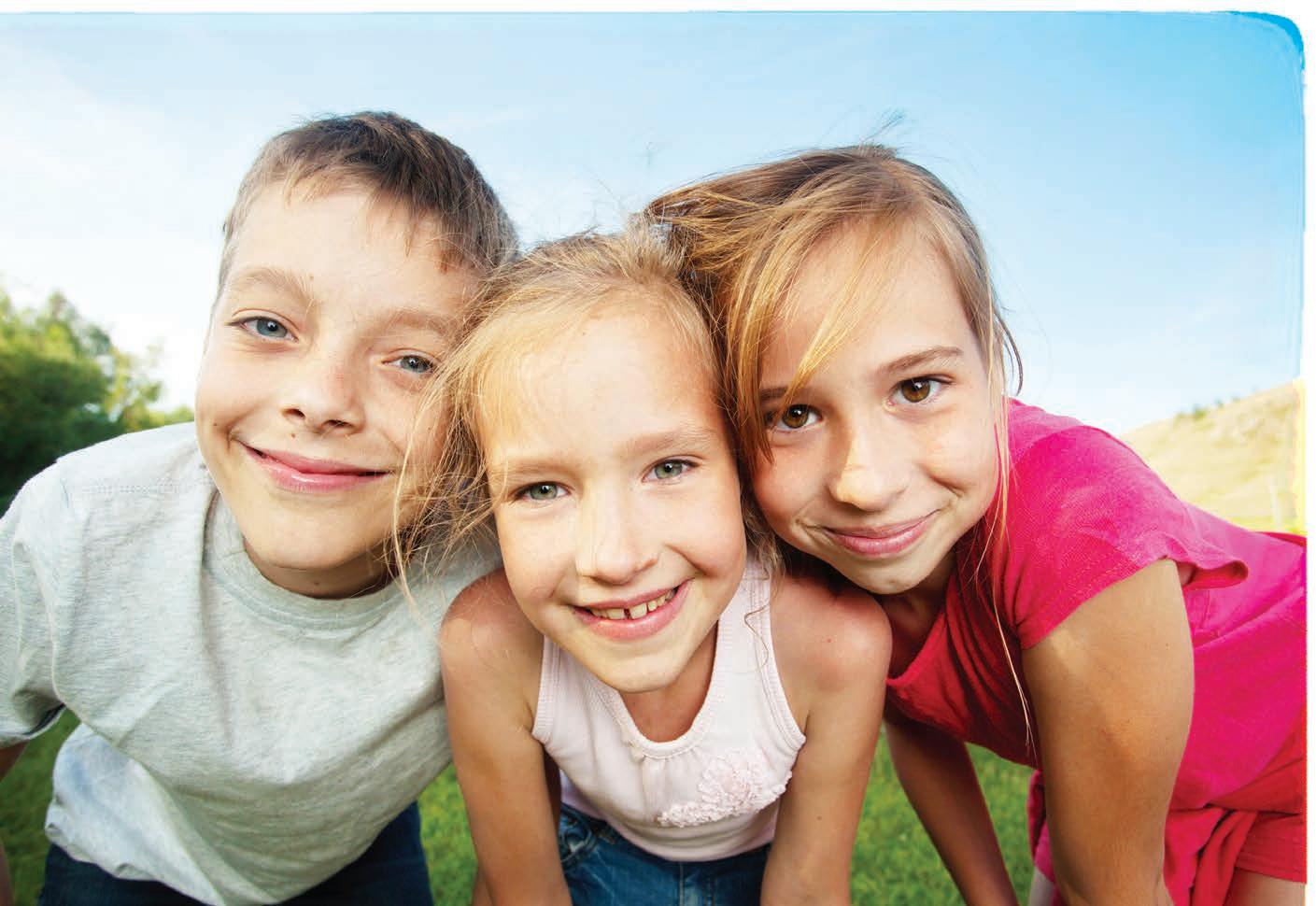
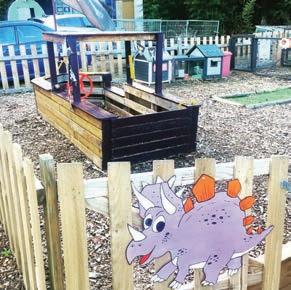
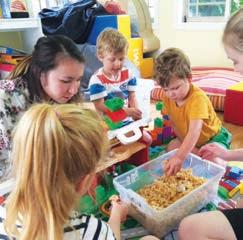

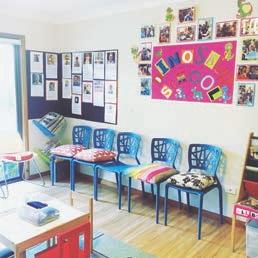
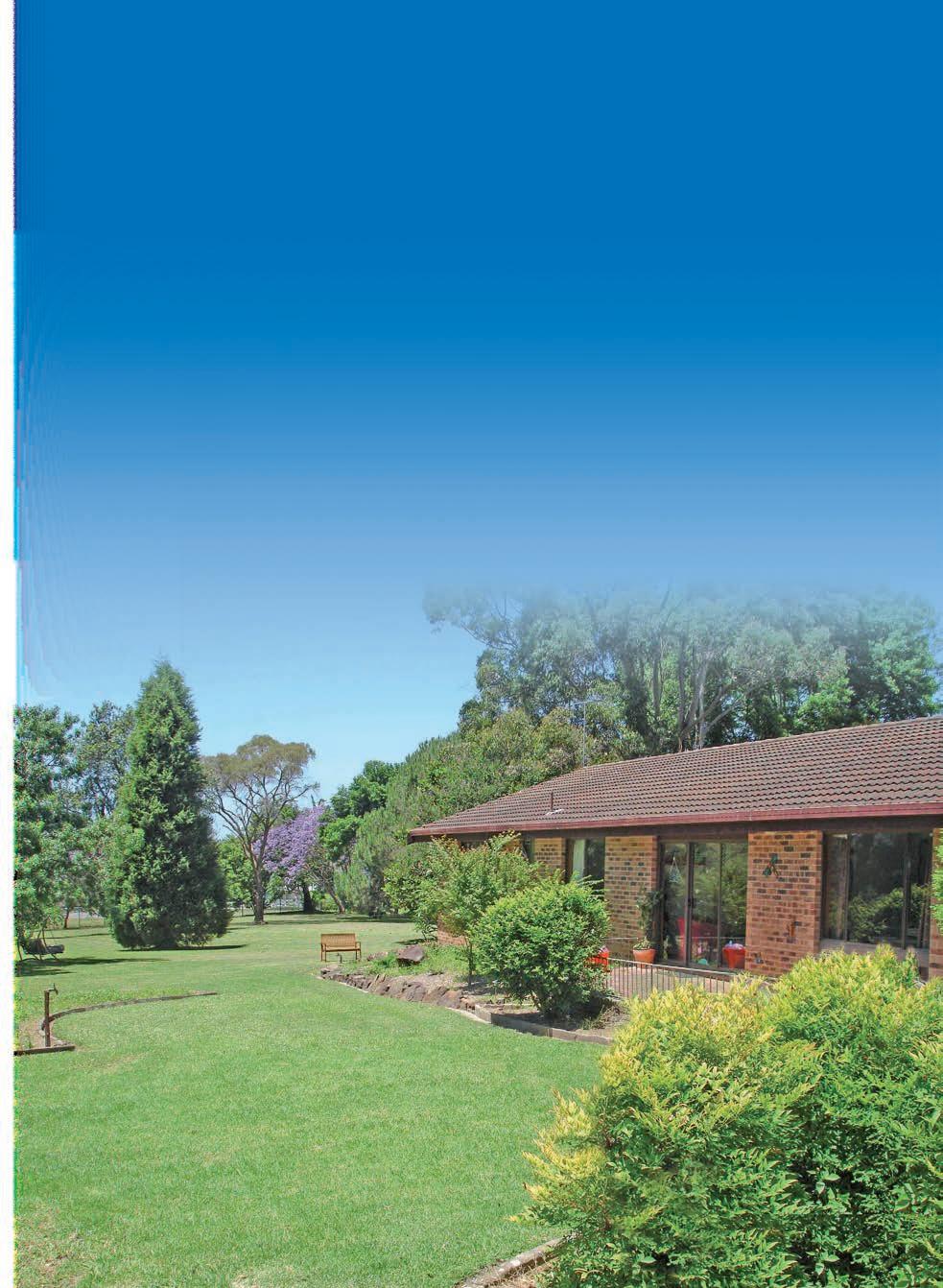
Q&A with Tony Myland, ET Australia CEO and founding principal of ET Australia Secondary College
Parents/carers and students have chosen ET Australia Secondary College (ETASC) as their first choice of high school on the Central Coast. ETASC has experienced constant enrolment growth since opening its doors to Central Coast students and enrolments are occurring through reputation and word of mouth.
So why is it that those in the know about ETASC are so positive about it? We spoke to Tony Mylan, ETASC’s founding Principal, to find out more...
When did ETASC open and what type of School is it? ETASC opened in 2013 and is a Year 7 to Year 10 independent high school, focusing on providing students with the literacy and numeracy skills to be successful in employment and/or future study by delivering the mainstream curriculum in a safe and supportive learning environment. ETASC is a member of the Association of Independent Schools of NSW (AISNSW).
Why did you start a School? ET Australia has provided youth employment, vocational and literacy and numeracy programs to young people on the Central Coast since 1977. In those 43 years, ET Australia has delivered all sorts of programs and activities aimed at helping young people post-school to get and keep a job.
With all the knowledge gained from delivering programs to young people who had left school, it was logical to create a school that could cater for students for whom mainstream schooling was not the best fit. In creating an alternative option for students, it ensures young people remain in school and continue learning in a supportive environment.
What’s different about ETASC? ETASC is a small school, for 2020, a maximum of 170 students will attend Year 7 to Year 10. This small school setting provides a safe and nurturing learning environment where every student is provided the learning and personal support they need to succeed. Some features not always found in most schools, are available at ETASC, including: Students never having homework Staff and students are known by their first names just like in the workplace A teacher assistant in every class There is no school uniform, students can wear what they feel comfortable in providing it is appropriate for the work place The school operates as an adult learning environment, like TAFE or University The scho ol provides Learning Enrichment and Gifted and Talented programs for students F ree after school tutoring with a literacy and numeracy focus along with extension class after school Everything is included in the school fees, parents don’t need to buy stationery, or notepads or pay extra for school excursions iP ads are available for every student to use in class Our school rules align with those found in the world of work.
How is ETASC the same as other high schools? All of our teachers are qualified professionals who teach the NSW school curriculum provided by the NSW Education Standards Authority (NESA). Our focus is on the core curriculum, we don’t provide electives in Year 9 or Year 10. With less subjects, our school timetable provides students extra time to focus on core subjects like Mathematics, English and Science and this extra time in class eliminates the need for homework. All of our students have assessments, exams just like you would experience in other schools, and our Year 7 and 9 students participate in NAPLAN.
All classrooms are fitted out with whiteboards, smart TVs and we have high speed internet via fibre to the premises from the NBN network.
What type of student attends ETASC? We have a diverse student cohort enrolled at ETASC coming from all over the Central Coast, northern Sydney and from the Lake Macquarie region. The most common reasons students attend ETASC are our safe and supportive learning environment, the level of individualised support we can offer and the small school setting.
Families are attracted to the college because of the supportive and safe learning environment our strict school rules have created. In mirroring the world of work, ETASC doesn’t have suspensions. Students who engage in unacceptable behaviour face being expelled from the college.
The transition from primary school to high school can be quite daunting for many students. Our small school setting provides students the ability to transition to high school without being a small fish in a very large pond.
Overall, students at ETASC are the same as those students that are in any comprehensive Central Coast high school. The difference is ETASC has a lot less students.
Are there any misconceptions about ETASC you would like to address? The common misconception we hear is that ETASC is a behaviour school. ETASC is definitely not a behaviour school. The expectations and rules we have in place ensure students behave in a manner that is consistent with that of an adult learning environment or workplace. Our rules are strictly enforced to ensure students are provided a safe and supportive learning environment.
When is the best time for parents to enrol their child? We are able to enrol students and accept an admin fee years ahead for parents/ carers who wish to secure a place in advance. We also have a rolling enrolment policy where we take enrolments all year round, so long as there is a place for the student and if not, we have a waiting list.
We are currently accepting enrolments for Year 7 for 2021 and 2022. How do On The Coast ~ Families readers find out more information about ETASC? Parents/carers can go to www.etaustralia.com and navigate to our Secondary College page to learn more about ETASC or alternatively they can call the school office on 4323 1233.
Enrolling Now for 2021 and Beyond
ET Australia Secondary College is an independent Year 7 to 10 high school which equips students with the literacy and numeracy skills to be successful in employment and/or future study by delivering the mainstream curriculum in a safe and supportive learning environment.
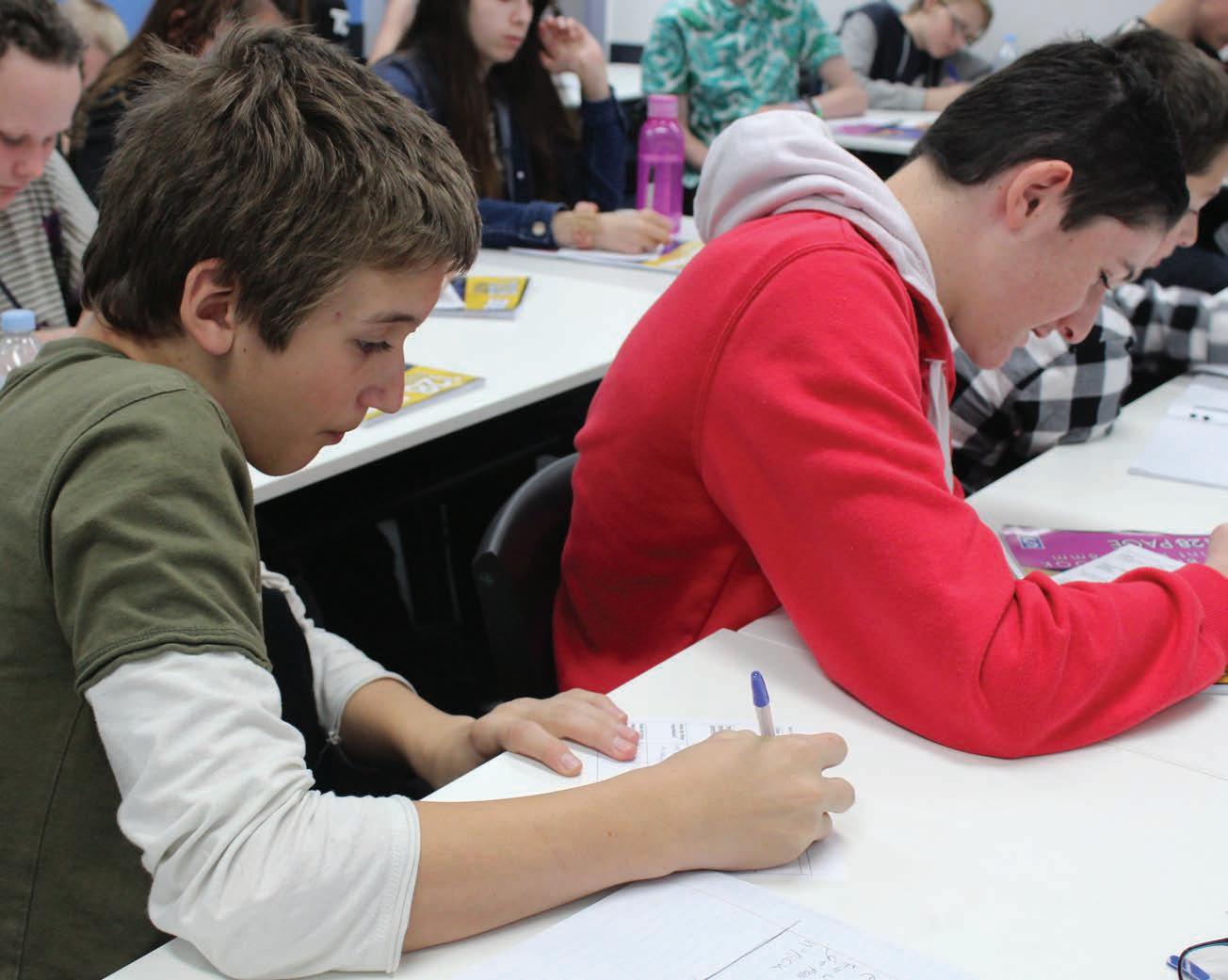
Now is the time to book your tour of the school for your child to attend ET Australia Secondary College in 2021.
With over 94% of graduates engaging in further studies or a career, you can be confident ET Australia Secondary College will equip your child with the skills to be successful in ongoing studies and employment.
Book your tour at: etaustralia.com/secondary-college Click on ‘Enrol Today’. The excursions, the tutoring, everything is included in the school fee.
Immunity
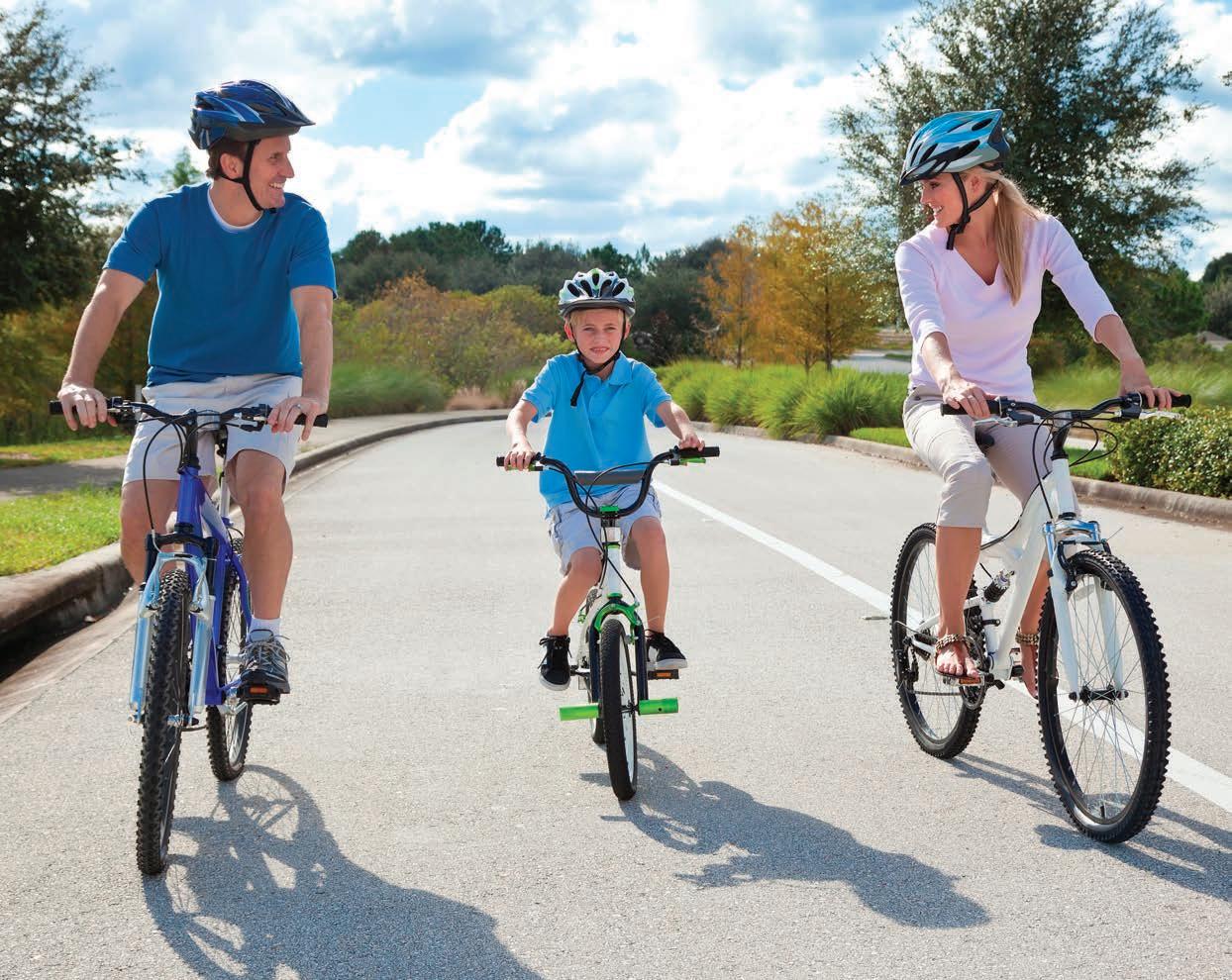
Natural defence for the family
BY DIANA ARUNDELL
Our world is constantly changing and exposing us to new viruses and pathogens. Almost as quickly as we discover and identify a pathogen, it’s likely to have evolved and changed to avoid current medication to eradicate it and so as well as focusing on the specific pathogen, our very best defence is to boost our immune system, our own defence army as much as possible. When the immune system is functioning optimally, it is a very powerful defence system, identifying and destroying bacterial and viral invasion. It is our natural, healthy state to fight infection and not only survive but to come out even stronger on the other side with stronger immunity and resilience. Viruses in particular can have sneaky ways of avoiding detection by the immune system. Usually when a person has contracted a particular virus, they build up a natural immunity so if exposed to the same virus in future, the body will recognise and defend itself very quickly. Some viruses can gradually change their outer surface so they are no longer recognised by the immune system. Occasionally viruses that are usually only found in animals can mutate to a degree that they are then able to infect humans and because their surface proteins are so different to what humans are usually exposed to, the human immune system is taken by surprise and infection can spread very quickly eg. pandemics. Some viruses are clever enough to bind to inflammatory markers in the body and inhibit inflammation and a strong immune response. Some bacteria can cloak themselves in a biofilm to avoid destruction by the immune system. All these strategies make it so important to not just target these clever invaders but also to boost the defence army of the host – us!
When functioning well, the human immune system is a powerful army including specialised white blood cells. The more robust your immune system, the less likely you are to pick up infections despite others around you. Aside from good hygiene practise such as washing hands regularly with soap and avoiding hand to mouth contact, there are some other things to consider to improve immune function. Your body is capable of incredible healing and defence, it just needs the right environment to flourish.
7. Ensure adequate sleep – poor quality sleep and/or regular sleep deprivation (<6hr per night) can increase the risk of developing the common cold by 4-5 fold. The immune system repairs and strengthens during sleep. Regular exercise can improve circulation, happiness hormones and immunity. It needs to be a regular part of your lifestyle aiming for 3 hours per week and increasing the heart rate. Over exercising can also deplete the immune system. Taking a walk outside, in the park, on the beach, near nature can be uplifting to the body physically and mentally. High in take of seasonal fruit and vegetables. The fruit and vegetable that are naturally in season are full of nutritional requirements for that season. Eg citrus in winter = vit C, watermelon in summer = high water content/electrolytes. 5 handfuls of vegetables/salad and 2 pieces of fruit per day to meet our requirements. Wash fruit/veges extra well in flu season. Asian mushr ooms such as cordyceps, coriolus/kawaratake, reishi, shiitake exhibit more immune boosting and anti-viral properties. Cook lots of them! Sta y hydrated with 8 glasses of water per day more if you’re very active. Adequate water intake supports good body elimination via the bowels and urinary system. Drinking more water may encourage transportation of microbes to the stomach for destruction by digestive acids. Avoid processed food, high sugar containing food and alcohol. These things have low nutritional value and can actually contribute to depleting nutritional stores. Long-term physical/emotional stress can negatively impact the immune system so ensure a balanced life including down time, fun and

relaxation. Slow down and breathe, meditate –even for 5mins each day. 8. Che ck if prescribed medication can lower the immune system such as cortisone. If it’s necessary to be on such medication long term, speak to your naturopath about extra immune support. 9. 70% of your immunity is located in your gut so ensuring healthy digestive function is important for immunity. Eating an abundance of food in it’s natural state as opposed to eating fast/processed food will help keep the gut healthy and there specific strains of probiotics which are been proven to support healthy immune function. 10. O ptimal levels of iron (lean red meat, spinach, mushrooms, apricots,
parsley) zinc (lean red meat, whole grains, pepitas, egg yolk), vitamin C (orange/ yellow coloured fruits/ veges), vitamin D
(20mins direct sunlight on most of the body daily) and protein (fish, lean animal meat, legumes, beans, tofu) are very important for good immune function in both adults and children. Speak to your naturopath/nutritionist to check if your diet/current blood levels are optimal.

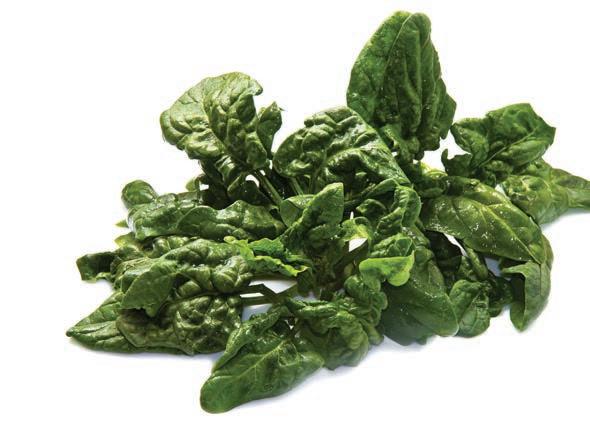
Nutrition is the number healthcare for most of the planet, so use food as medicine especially in winter. 11. Pre vention plans and acute treatment including naturally derived medicines (evidence based) are available via a qualified naturopath aiming to reduce incidence and severity of an infection. The most effective herbs and therapeutic doses are not available over the counter and require practitioner prescription. If self-isolation is required or feels appropriate, take the time to truly slow down, rest, regenerate, meditate, breathe deeply, sleep and find the positives to focus on in your life. It’s not just about separating from infection, it’s about boosting your immune system.
Remind yourself that your body is truly amazing and is capable of incredible things if given the right environment.
Diana Arundell is a university-qualified naturopath and consults from her Avoca Naturopath clinic. She has a special interest in fertility and pregnancy health, digestive health, immune function and family wellness programs. She was a nutrition lecturer at Macquarie University for 10 years, and is an accredited Journey Practitioner. For further information please contact Diana Arundell at Avoca Naturopath on 0410 465 900.
on the same page Parenting We are all new to this parenting gig BY NIKKI SMITH
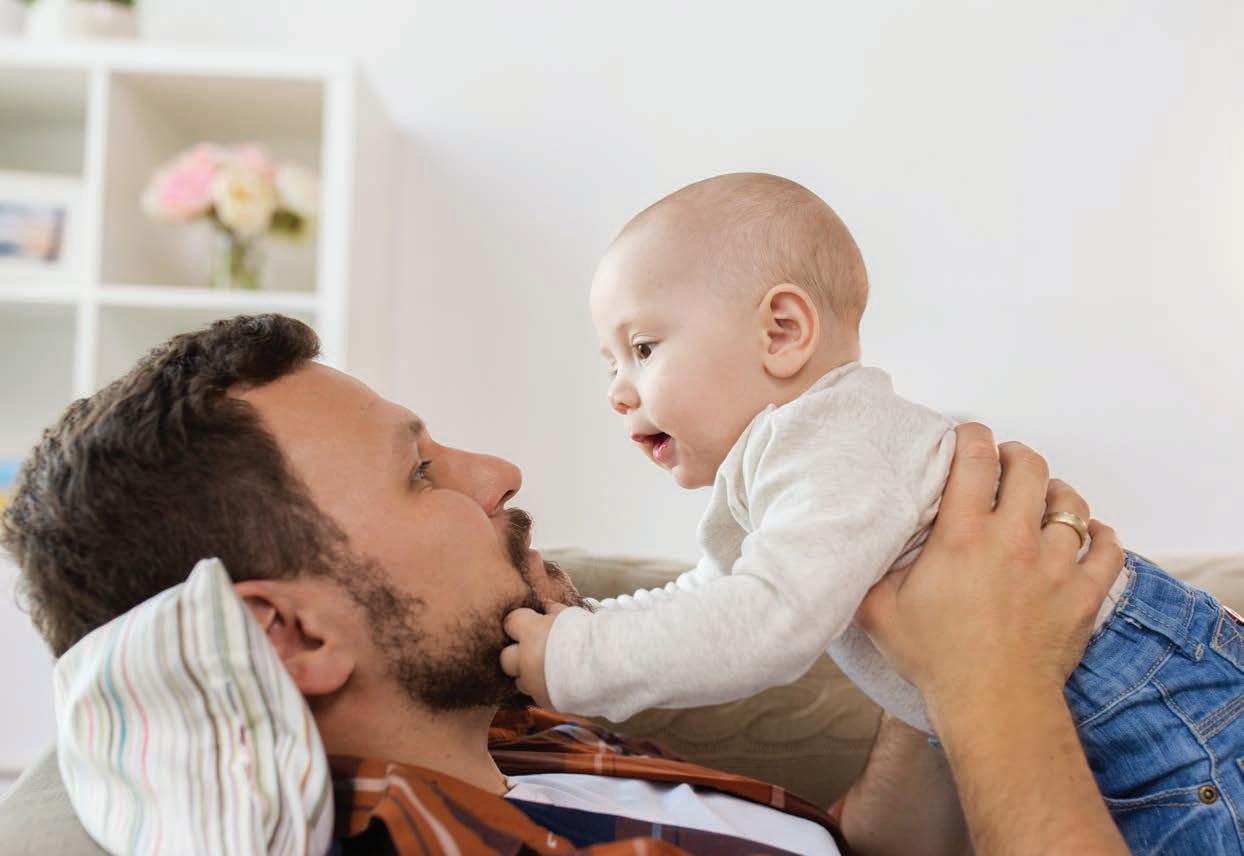
Our babies were not born with a manual explaining everything that we needed to know for them to thrive, nor were we given option A, B or C regarding how we wanted to parent. All these learning lessons have come with time, they’ve come with experience and it’s also hopefully something you have both discussed. If not, let this be a gentle reminder to do so.
Becoming parents is one of the most exciting, incredible times of our lives, it can also be the most humbling. It is no longer about us anymore, it is suddenly about keeping alive this little human that we’ve been blessed with! This transition into parenting isn’t going to be a relatively easy one if you’re not on the same page.
What I mean by this comes down to the values you wish to instil as a family, how you hope to teach your children right from wrong and something as simple as sleep can and will very quickly become the cause of much distress within your home and as parents, especially if you both have differing views, for example one might prefer crying it out, whereas the other leans more into a gentle way to settle your little one into dreamland. I implore you if you haven’t, to take the time to discuss it. Countless times I have heard from parents that they just can’t agree on things to do with their kids. Common examples include dinner times; Mum: ‘Honey if you eat a little more dinner you can have some fruit afterwards;’ Dad: ‘No way, we can’t offer dessert up if they haven’t eaten all of their dinner!’ Another example is; Mum: ‘I don’t’ want to smack our kids;’ Dad: ‘Well I was flogged, and I turned out ok!’
Yes, I have made dad seem like the ‘tough guy,’ often though that can be the case. A lovely lad that’s been attending the toddler series of workshops I’ve been running offered up this pearl of wisdom, ‘perhaps that’s due to the generation beforehand where tough love was key, and boys weren’t encouraged to show emotion.’ YES to that!
An important philosophy that I like to teach within my workshops and within the online program, is emotion regulation including and especially ours, as parents! Dr John Gottman from the Gottman institute is an internationally respected marriage and relationships researcher and expert. He estimates that close to 70% of what we DON’T like about our partner will never change.
It’s difficult to shift habits, expectations of other people are a challenge and some things are just a part of who we are.
Hearing from someone that you love that you’re doing it all wrong isn’t going to go down so well, how would you feel if your loved one expressed to you; ‘Hey Hun, I think you’re parenting all wrong here.’ I don’t think you’ll be smiling, nodding your head in agreement and saying; ‘Actually babe you’re right, I’m parenting terribly!’
People don’t like to be ‘fixed,’ nor do they like being told that they’re wrong. While we all want to do the best that we can with the knowledge that we have most of the knowledge that we do have is from our own parent’s, if your partner thinks that ‘they turned out all right’ despite being smacked, than they’re not going to take lightly you trying to ‘fix’ his
parenting style! In fact, they might take it as you thinking his parents are wrong which in turn will make him feel like you think he’s turned out ‘wrong’ too.
Parenting is personal and this belief that that we are condemned to continue down the same path of our parent leaves very little room for growth within this generation of parents.
When our second daughter was born my maternity leave that time around ran up at around the six months mark, I was still breastfeeding but had no other choice then but to go back to work. We decided on weekend work so that my husband could have the girls as I wasn’t ready for our baby to be in a childcare centre. This meant that he would have the girls from 7am until 3pm with a lunchtime feed in between (Ben would drive to my workplace so I could breastfeed our daughter on my lunch break, I couldn’t get a lot of milk out when pumping).
My husband was sole carer at home over the weekends, this meant that I was to trust that he would parent them gently, consciously and with an attachment view in mind. Not only that but I also needed to ‘let go,’ I needed to allow him the space to parent his way. This was slow learning for me and I won’t lie, there were many times I came home and the house looked like a bomb had hit it, dirty nappies piled up, dishes in the sink and the kids were still in their pyjamas BUT they had built a cubby house in the lounge room, they were fed, clothed and so happy!
This kind of trust for me and many parents came because of sitting down and discussing our values when it came down to how we’d like to be parenting, topics such as, would we smack our kids (full disclosure, I was smacked when I was a kid, I’d like to think I turned out ok but regardless, I don’t think it’s any type of answer when we resort to violence), would we yell at our kids, co-sleep, breastfeed, would we use cloth nappies or disposable, the list goes on!
The simple fact is, from experience this worked for us because we’d discussed it and we trusted each other because we’d talked it through thoroughly.
In the end, we are not all perfect people, but we can at least try to agree on some things, acceptance of each other parenting differently but with the same approach, is always a sense of unity as far as relationships and parenting go. Below I am going to outline a guide for you to hopefully agree on an opportunity to sit down to talk about how you can get on the same page;
I always feel like it’s best to start with the positive things that you like about each other! Set a time to sit with a bottle of wine or a cup of tea and discuss the things that strengthen you. What is one thing that your partner does with your children that you love? How can this be a bigger part of your days together? Wha t are three things that you like to do together as a family? Ho w can you create time for more of those things? When we focus on the positive things that you like to do together as a family it will always leave more room for alignment and connection rather than focusing on the negative.
The next focus task is to look at creating the same vision that you both see moving forward as a family. Do you have a vision of what you would l ike your family to feel like? I say feel, because we all wish to feel a certain way, we want to feel happy, for an example so how can we create happy in our home as a family, together? Consistency is key, but consistency with the right things for your family. Wha t do you value most within your home? When our child challenges us do we want a hard approach a soft approach or a gentle but firm approach? What do we want our children to feel from us? Again, I say feel because I want you to think about feelings, do you want your child to feel anger or happiness when they are communicating with you? If there I unacceptable behaviour how
best can we communicate what we want in a way that fits in with the above answers? Wha t can we put in place right now, together, to move forward? Getting on the same page won’t always be easy. You might not even agree to getting on the same page. If this is the case perhaps you can look into experimenting with your varied styles of parenting, for example for a few days try their approach (only if it is safe and it feels ok for you both), then switch back to your approach and see which best feels good for the whole family.
I think an important point I’d like to make here is to agree not to fight about this in front of your kids. Make them privately so that you can ensure you are not undermining one another in front of your children, this then at least promotes respectful communication.
Sometimes, professional help is what’s needed and that’s ok.
Lastly, might I suggest a date night; When we are able to sift through a couple of different things to get onto the same page it will lighten the load that parenting can bring when we aren’t.
Date night; Parenting on the same page! Topics of discussion- What are your favourite childhood memories? How would you like your children to remember their childhoods? What can you do to make it a memorable one? Ideas are, camping, beach days, picnics at the park.
I will be running workshops based on early parenting in Wyoming. Get in touch so I can forward you on the information for our next baby love and toddler series, I’d love to hear from you! nikki@earthwayparenting.com.au
Nikki Smith is a Registered Nurse and a Qualified Child and Family Nurse. A mama of three beautiful daughters with a strong belief in raising our children consciously and intuitively. Nikki is the founder of Earthway Parenting and has developed and is facilitating Post Partum Care and Tuning into your Toddler Workshops. Nikki also provides in home, one on one consultations according to the unique needs of your family focusing on gentle parenting for your infant and/or toddler. You can find more information here www.earthwayparenting.com.au
Gap Year Inspiring change
BY KYLIE BAILEY
Iwoke up one day and wondered, is this it? Life in my 40’s with my family! With my profession as a Mindset coach, a top skill of mine is setting goals and aligning my life with my values.
I naturally know how to take small steps to make my big goals come to life and for a long time felt quite fulfilled with what my family and I had achieved.
We had our beach house...well 5 minutes away which was close enough growing up in Sydney suburbs, had made the renovation with our entertainment area and was quite satisfied with our home for a long time.
Then this wave washed over me and all of a sudden we went from enjoying all we had achieved to feeling very unsatisfied and scratching our heads wondering...Is this it?
Life in our 40’s, 2 gorgeous kids but so busy all the time between work, school, activities and social events to really enjoy all we had worked for...
Life had started to feel like groundhog day without the satisfaction of enjoying our children and this chapter of life with them. This lingered for some time and then with a sliding door moment, an opportunity washed over us that we can re-write the script and live life on our terms.
So, we decided to take back the pace of life and the control, sell our house and travel around Australia with our kids and put our kids through Distance Education.
This is when life started to become exciting again...as we started to feel the unwiring of our minds of what we were conditioned to and how the past 15 years of collecting material possessions had shaped us.
We started the process of letting go of our belongings either by selling,
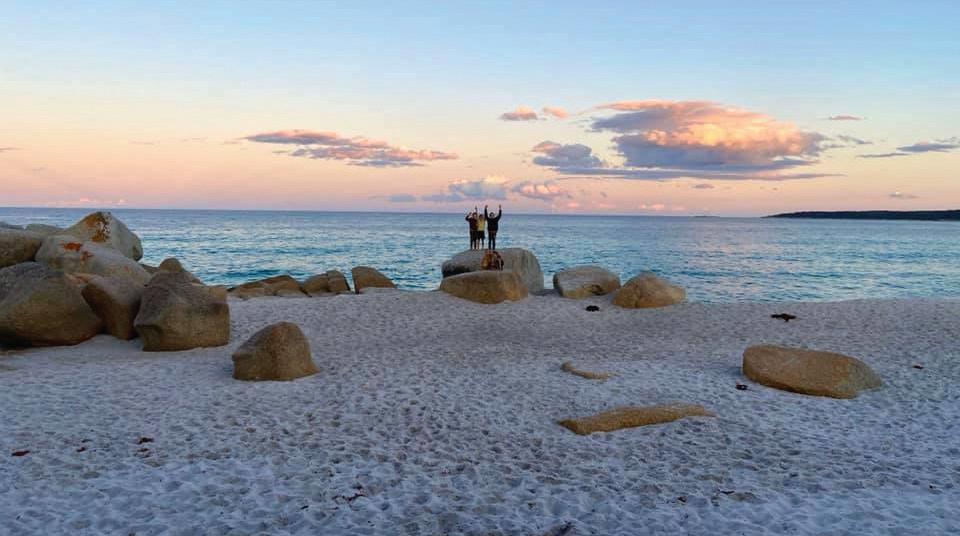
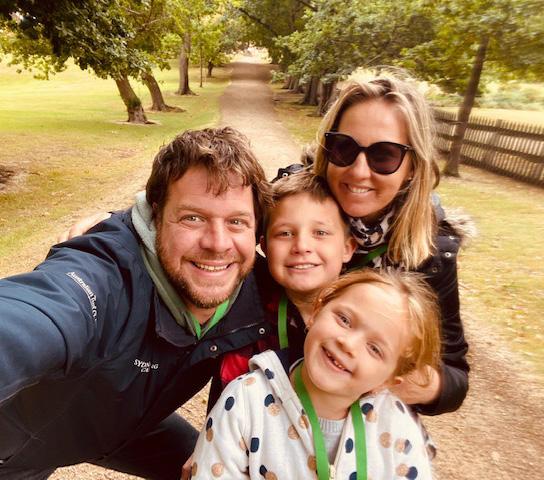
donating or throwing stuff away... No doubt – we would of made Marie Kondo proud!
The process into the simple life began and since that moment mid last year when we decided to re-write the script, life has never looked so clear now that we are living life our way instead of doing what society tells us we need to do...life on our terms is so much more enjoyable!
I’m not going to say it was all easy. To be honest, the journey into freedom was the most stressful 6 months of my life. Daily, I was working my coaching systems on a massive scale and practising every mindfulness technique I know to overcome the massive overwhelm I was feeling. It was tough but worth every bit of stress now I know what life looks on the other side, after the 6 months of freeing my family from the financial pressure, the juggle of activities, watching my husband work his butt off along with travelling that freeway and never really having enough quality time together as a family.
Our whole values were not matching our lifestyle anymore and it was time to re align our lives to what was really important. If you are reading this, relating and thinking about doing it...just do it, you’ll never look back!
So here we are, 2 months into the Lap of Australia... and well into Term 1 of home schooling and loving life!
Home schooling can be challenging however with the right systems, patience and the love of spending time together as a family. Love conquers all even on the days when kids will be kids.
We mostly spend the mornings doing school and the afternoons exploring, either chasing waterfalls, finding beautiful new beaches, hiking, visiting museums and historical sites, learning through experiences over things.
We started this journey and year with 3 main values for 2020
Love, Connection and Adventure Aligning your life to your values are critical to living a fulfilled life. If you are thinking about doing a lap of Australia or home schooling through Distance Education, here are some things you need to know -
As the Supervisor of my children’s school work, well actually teachers as my husband and I are so very hands on and have taken on the different subjects to manage the workload.
The first 6 weeks are the toughest as you settle into a new lifestyle on the road. Considering it takes 60 days to create a new habit, I think it’s pretty amazing how this has unfolded and everyone has embraced the change of lifestyle. Perhaps it happened quicker because we are doing something that we all love.
Living in a confined space It’s all about systems! Everything needs a home and you only take what you need and will use. This was the first big light bulb moment of how I had filled a 2 story home with pointless stuff.
We only have what we need now, only keep what we use and couldn’t be happier. There is something very liberating about living the nomadic lifestyle. If we feel we need living space, we just go outdoors for a walk, bike ride or sit in our alfresco living room under the stars.
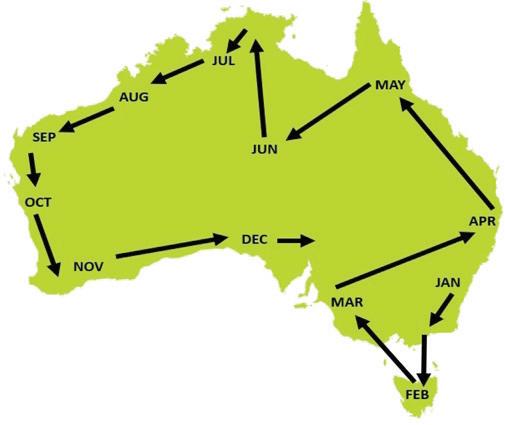
A holiday vs a new way of life Once the holiday bubbles wears off you have to remember it’s a way of life. There are still school routines, structure to sightseeing and where to next. One of the biggest surprises about living a nomadic lifestyle is that we are much busier than we first thought. A good busy of course, as we are seeing so much of our beautiful country, learning so much about each other and we get to be with our little humans every day...It’s interesting how I’ve heard comments of how this would be some people’s worst nightmare. We are all very different but from where we stand, our kids will only be kids for such a short chapter. I’ll take every minute of every day and cherish these memories forever.
The adventures of a nomadic lifestyle The adventure of finding somewhere new to stay. This is one of the best parts of our trip. Pre kids, we had a passion for travel so this ignites the soul to live our day to day lives with adventure exploring new places. We have our roles on the road and it makes everything run fairly smooth. My husband drives most of the time whilst I map out the itinerary and search on wikicamps to find our next camp. It’s amazing how many free camps are in Australia and in many ways are way better than the caravan parks. Caravan parks are good for washing and a pool but apart from that, the great outdoors and the free camps have so much more character and the kids have way more fun! Once you get the set up and pack up sorted that is! This is part of the 6 week settling period and remember, there will always be days that are best forgotten. Some days it’s great fun and full of laughter and some days can have challenges. The life skill of building resilience day by day with the kids is something I wouldn’t change!
The friendly community and new like-minded friends There is something very special about life on the road and the people you meet. There is such a sense of community where everyone is friendly and looking out for each other. A general consensus of how the current busyness of life had affected the equilibrium of their lives and stories shared by camp fires with a drink or two. There are a lot of families travelling on the road and escaping the grind to be with their families and finding new ways to support themselves whilst on the road. Thinking outside the box and aligning their values with creating a healthy lifestyle for their family too.
Get your kids involved! Give them jobs to do with set up and pack up, involve them in the weekly budget and choosing what activities to do. This is one of the unique opportunities for growth with kids living the nomadic lifestyle. Travelling full time is a marathon not a race and the selection process of what we visit is different to when holidaying as we have to choose what’s best in that destination instead of trying to do it all. It makes it fun for everyone choosing where to next. Also, we have our kids complete a daily journal with a daily gratitude so they can remember the experiences and also not take this amazing lifestyle for granted.
Distance Education What didn’t come as a surprise – the people who choose to be teachers are remarkable human beings.
Their dedication to shaping our children and managing a classroom every day for 40 weeks a year, is such a selfless act every day.
No doubt with full classrooms, it’s fair to say it would be hard to keep everyone at the same level academically and socially.
Kids just like adults keep things in and don’t like to fail, struggle at times and don’t always know how to express their emotions. One thing that has been highlighted for us teaching our kids, we have found the gaps and now have a

better understanding of what they like to learn and what they don’t like.
I would say one of the major benefits to distance education and being so hands on – I have a full glance of it all.
As a mum, I’ve wanted to be a fly on the wall at times so I could see how my kids tracked on a daily basis with their activities in class and the playground.
I’m no helicopter mum however I’m a caring and devoted mum as no doubt you are too reading this, and perhaps have felt this way at times.
Home schooling/distance education is no easy task. It takes some serious patience, tenacity and a good system to keep on top of the deadlines to have the work submitted back to the Dept. of education.
With what is happening in the community at the moment, some of these tips may benefit your family too.
Here are my top tips for home schooling 1. Sunday download The most important step you can take to having a successful week with home schooling. Creating the weekly class plan for each child is pivotal to having a calm and structured week. With a combination of Maths, English, Handwriting, Science, PDHPE, History, Art, Reading...there is a fair amount of work to get through. In fairness, you should allow on average 4 hours a day/20 hours a week. Each week, we are provided with the curriculum and by the end of the week need to submit the work. 2. Supervis or Prep When we first started home schooling, it was a quick shock to the system as we set off on our weeks with supervising grade 1 and grade 4. How hard can it be? School work provided, allocated time-slots for the different subjects and the kids knew what was expected. Very quickly we learnt that our supervisor role was more of a hands on teaching role and this required more preparation than we were giving it. Our best tip for a successful week – Sunday night, read all the weeks classes and learn the material. No different to work really when preparing for something important. The way we see it, we have a new set of deadlines, a new job as the kid’s teachers and the most important role of all, with our kids education in our hands. The more preparation we put in, the smarter and more confident our kids will be. Sounds obvious really but when you’re in the thick of the steep learning curve and travelling, this advice may be welcomed! 3. Patience On many occasions, we have needed to remind ourselves, this is a new job to us and patience is the key! Our kids have young minds and the behaviour we demonstrate will be what they end up being like under pressure and in life. So on many occasions, we
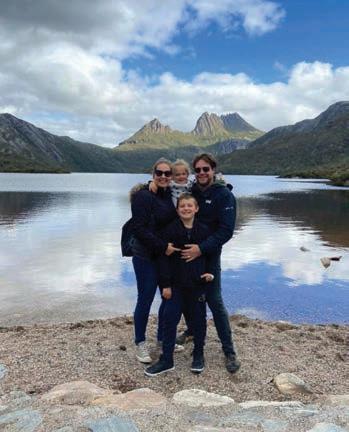
have had to stop teaching and have a break. Kids can be challenging at the best of times, but when your the parent and the teacher, they will always try to test the boundary. My best technique around this is to mix it up with a combination of exercise – change the physiology, start a mindfulness exercise and listen to music or learn an instrument to mix it up!
4. Mindfulness For the parents – practise – STOP technique. S Stop what you are doing! T Take a breath O Open and observ e what is going on for everyone P Proceed positively with a new approach 5. For the kids Get them to stand up and shake it off if they hit a brain block. • Reassure them, praise them and reward them for hard work. We work off the class dojo app and incentivising them with positive psychology and points to achieve a reward. • Ensur e you give them breaks just like if they were to have recess or lunch at school. After breaks, kids come back with a fresh mindset ready to tackle the next lesson. Make sure you don’t go over 2 hours of teaching in one block. Most importantly, work as a team. It’s ok to let them know that you are new at this too and together everyone will learn and be great! Travelling full time may not be for everybody however if you are thinking about doing it, just do it...even if it’s for a small trip!
Our kids are making new friends on a weekly basis, are more confident each day and express how happy they are!
Best decision of our lives and we know we will never regret this time we have with our kids and with each other, as living the busy lifestyle doesn’t give you lots of time as a couple too.
Hopefully, we will see you out here one day!
If you would like to follow our journey...Facebook and Insta – #Baileys2020Vision
Live your best life, Kylie
Kylie Bailey – Founder of Inspire Change Coaching. Specialising in Life, Career and Youth Coaching, Kylie runs many workshops on the Coast including one for mums to assist with mindfulness, and to help with the overwhelm. As well as running incursions for School programs, and Life coaching workshops for all walks of life in Goals, Habits, Mindfulness, Happiness, Organisation, Corporates and Career Coaching. To book a workshop or 1 on 1 session, please visit www.inspirechangecoaching.com.au or call 0432 800 903.


